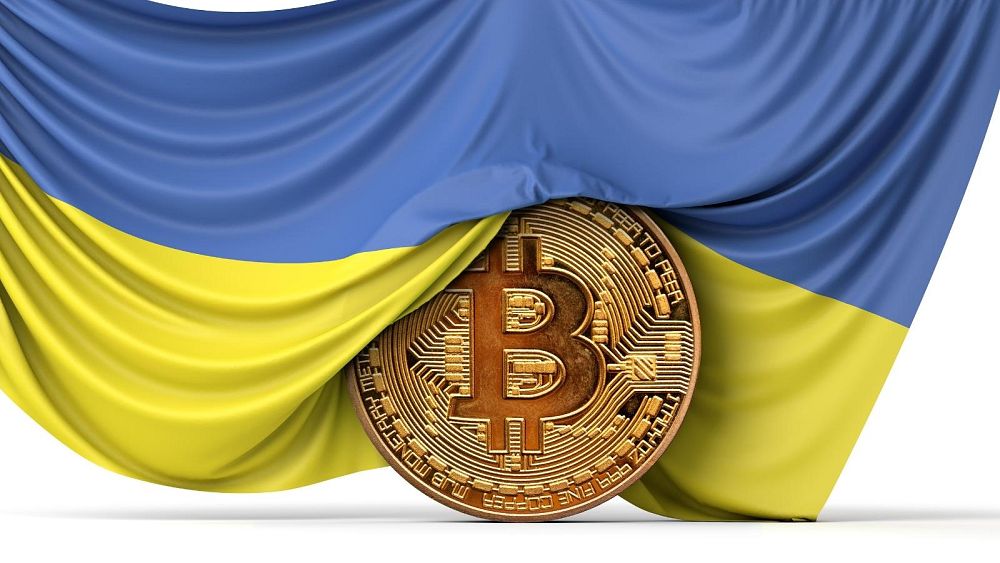Short sellers are making large gains on bank stocks and now the banking problems are coming to the EU.
I am trying to contemplate the root causes and don't need to find scapegoats, I leave that to the politicians. Tony Seba is worth reviewing as he explains what is going on with the paradigm shift and it is rapid.
HODL Tesla, you bet. I like buying ETH and BTC as a place to park assets that require fiat $ for the exchange. Today BTC is trading above 24k while banks are not doing well.
I guess I don't understand how you think "parking money in crypto" helps you any with a bank that might be struggling.
SVB struggled so much they went out of business. But everyone who had
actual money deposited there will be getting back 100% of that actual money. They won't lose a thing.
And they weren't storing it there as any sort of high yield investment- it was there as operating cash.
I suppose I could park some cash in artwork, real estate,coins or stamps but they are not liquid. In addition it is like doing stock options and I can take a loss for tax harvesting and buy back without a 30 day rule(don't believe that will last, long and short term gains are taxed normally) In any case it is only 0.8% of my portfolio and I intend to increase that to 1.25% on any dips. I also like the fact that I can transact in seconds with anyone and it is totally transparent on the blockchains and the FBI loves that.
Again you can do the same with actual cash. And without the exorbitant transaction or conversion fees of crypto.
Or worrying about any exchange, which is NOT FDIC insured, just vanishing your "money"
Even better, if someone defrauds you out of
actual money you have easy recourse to recover 100% of it. If someone does that with your crypto it's gone forever with
no recourse because transactions aren't reversible by any authority or payment processor like they are with actual real money.
I read that criminals don't use crypto much because it can be easily traced.
Kim Grauer, the blockchain sleuthing firm's head of research, told CoinDesk TV sanctioned activity and hacking were the driving forces behind the rise in illicit transaction volumes last year.

www.coindesk.com
Crypto crime accounted for a record-setting $20.6 billion worth of blockchain transactions in 2022
Most people using it do so for security.
Which is weird- because as I just explained you have no recourse at all against fraud, like someone transacting in real money does. So how is it "secure" compared to real currency?
I wonder if crypto could be an international currency in the future.
Not really, since it's so horribly worse than actual money in almost every way.
Some people are sending crypto to the Ukrainians.
Sure.
Some are also sending starlink dishes and other physical objects.
And many many many more than either are sending
actual money.






